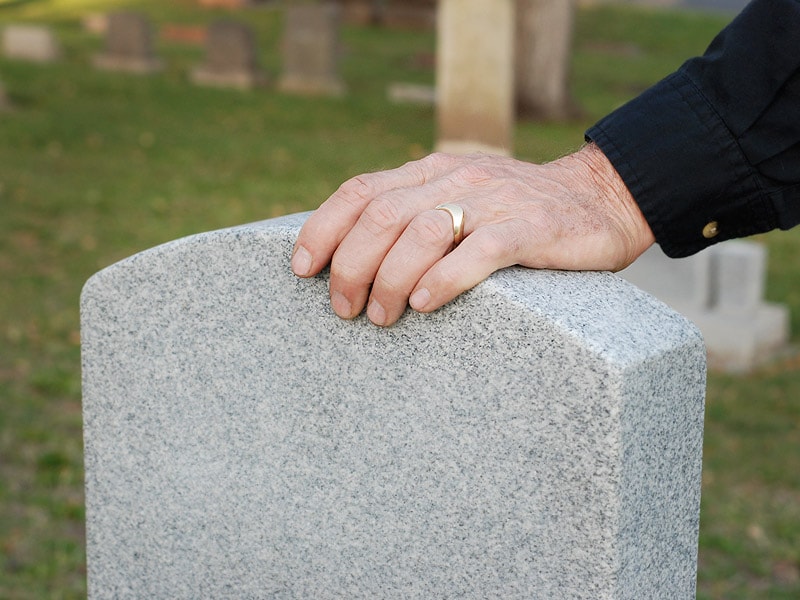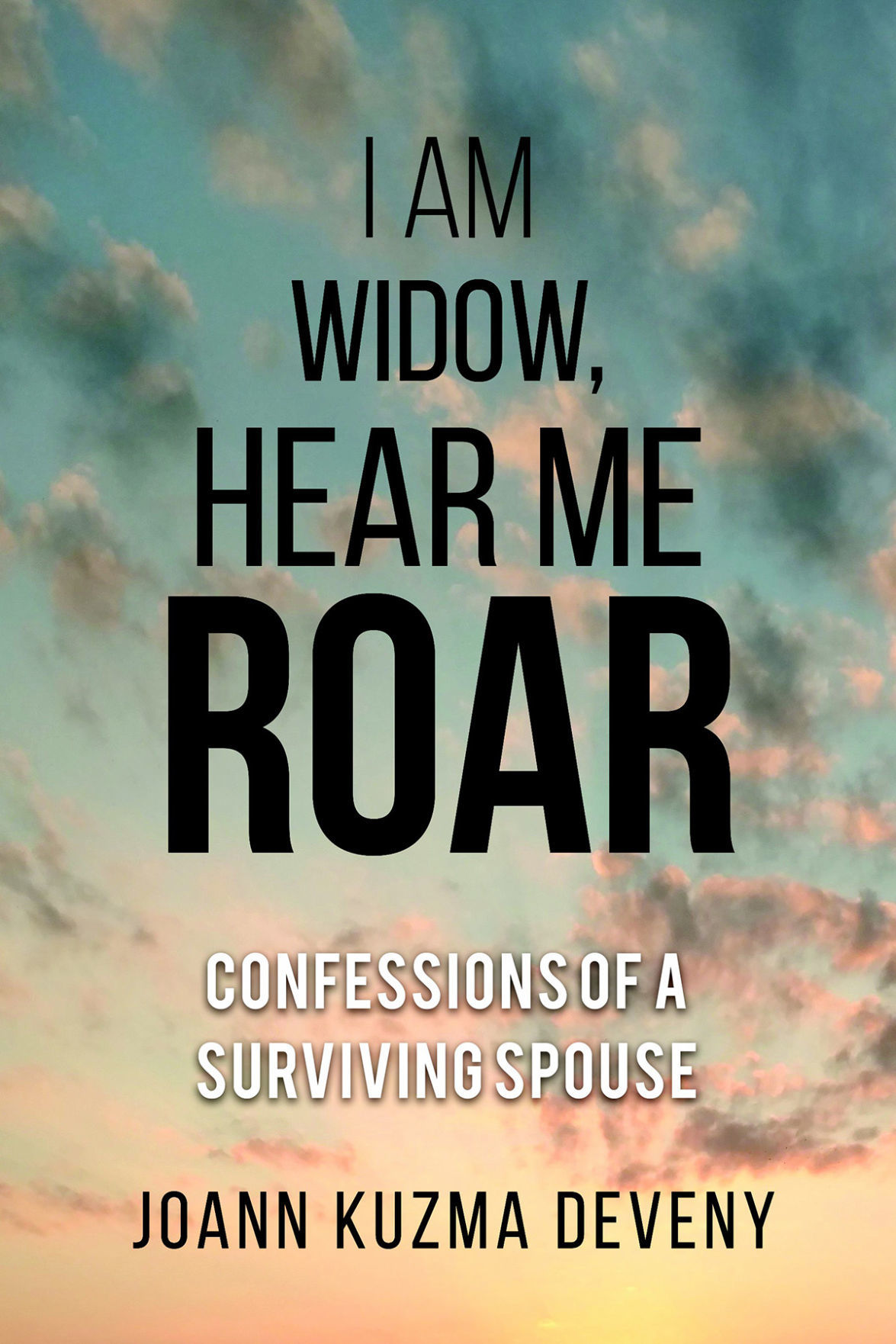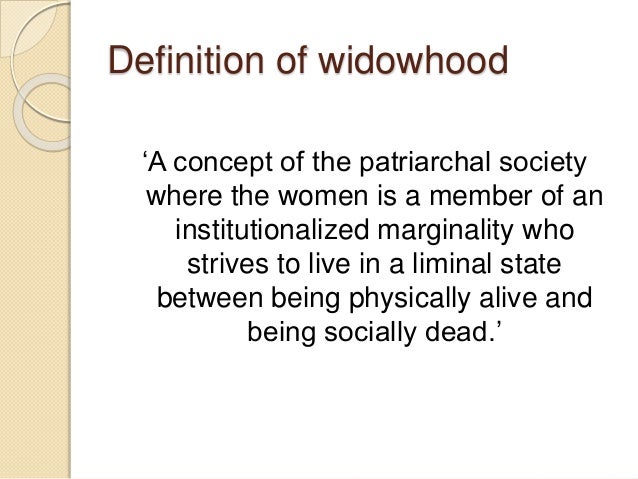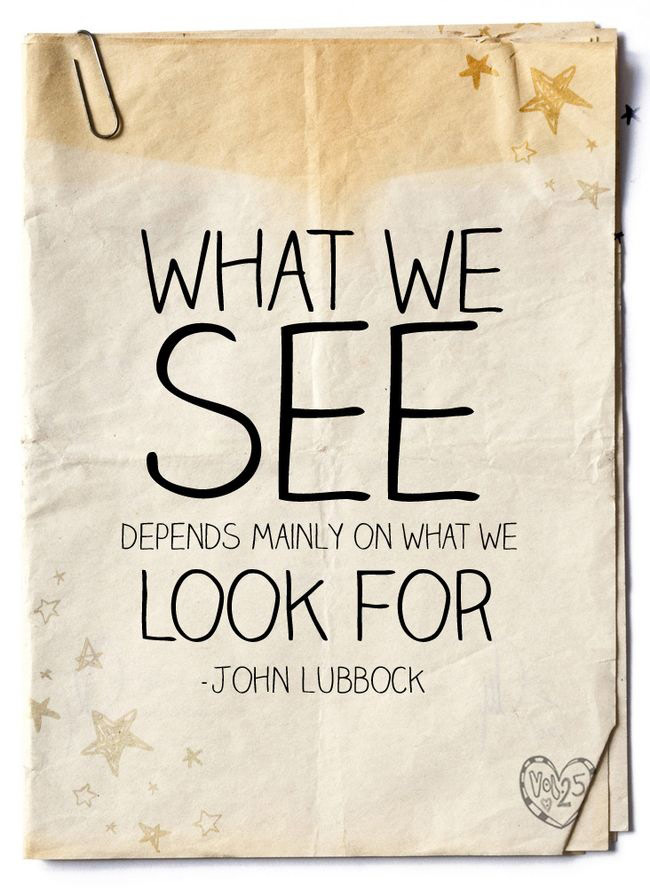“Never say goodbye because goodbye means going away and going away means forgetting.”― Peter Pan
"I need to put my consciousness into one of these swords," he says. "Which one do you think will be best?'

A million questions circle through my head, but I look at each sword and ask the one I think matters the most. "All of your consciousness," I ask, "or just part of it?"
It is the right question. "Just the bad things," Allen says. He sighs. "I'm tired of feeling bad about Dad. I'm tired of trying to make him come back. I know..." he gulps "that he's gone. I did everything I could but--" he holds his hands out in front of him--"none of it worked."
I nod in sympathy. In the fifteen weeks since Ron passed away quite peacefully in his easy chair, Allen's magical thinking has kept alive the hope that his father will one day conquer death and return. Almost every Saturday has found us on another quest for clues. About three weeks ago, the journeys stopped as Allen processed the finality of his father's death and struggled with his loss.
Allen stands up and takes a deep breath. "I don't want to feel bad about it anymore. I don't want to remember the bad things. Like how sick Dad was. And how much pain he was in. It was really sad and I don't like thinking about it."
 "Neither do I," I say and fight back tears. The nineteen years since the car accident injured Ron have been difficult, but the past two years were particularly grueling, not only for Ron but for our family.
"Neither do I," I say and fight back tears. The nineteen years since the car accident injured Ron have been difficult, but the past two years were particularly grueling, not only for Ron but for our family."So," Allen continues, "I'm going to take the bad thoughts and I'm going to transfer them to a sword. And then I will only have the good thoughts about Dad. The fun things. The happy things."
"I think, " I say, " that is an excellent idea." I get down on the floor to examine each of the swords carefully. I am not at all alarmed by my son's idea. As an adult with Asperger's Syndrome (HFA), Allen needs tangible items to help with intangible ideas. Many therapists posit writing down your worries on a piece of paper, folding the paper up, and letting the paper handle the worries (PsychCentral). 1 Peter 5:7 suggests that we, "Cast all your worries on Him, because He cares for you." Harvard Health concludes that many people with Asperger's suffer from anxiety but find it difficult to address. I've let Allen do what he needed to do to come to terms with the finality of his father's recent death.
And it seems we have arrived. I study each sword and comment on its good points. Then I touch the one in the middle, the one just recently purchased. A "Three Musketeer Sword" the seller called it because if its fancy red and gold grip. "This one," I say. "And I have two reasons."
 "I agree that's a good choice," said Allen. "But why?"
"I agree that's a good choice," said Allen. "But why?"So I tell him. "This sword was not here when Dad was here. So it has no...previous print from Dad. It has no...memories of him, you know?" Allen nods. "And it's long and strong and made of steel. It will hold even your unhappiest memories."
"Okay," says Allen and gathers up his swords. He takes a deep breath. "Good bye to the bad memories!" he says and carried the swords up to his room.
"Good-bye," I whisper and turn back to my knitting. Upstairs I hear the sounds of Allen's footsteps, his door opening, then silence. I do not know how long it will take to transfer all Allen's bad feelings about his dad.
But it does not take long at all. In a few minutes he is back. "I did it!" he says. "Now, I don't need to feel bad about Dad anymore. They're all there in the sword. I don't need to carry them."
"Great," I say.
"But," and he grins at me with the smile that has charmed since childhood, "I kept the good memories." He touches his chest." I kept them all right here."
I nod and look down at my knitting, letting my tears fall. "I kept my good ones, too," I say.












